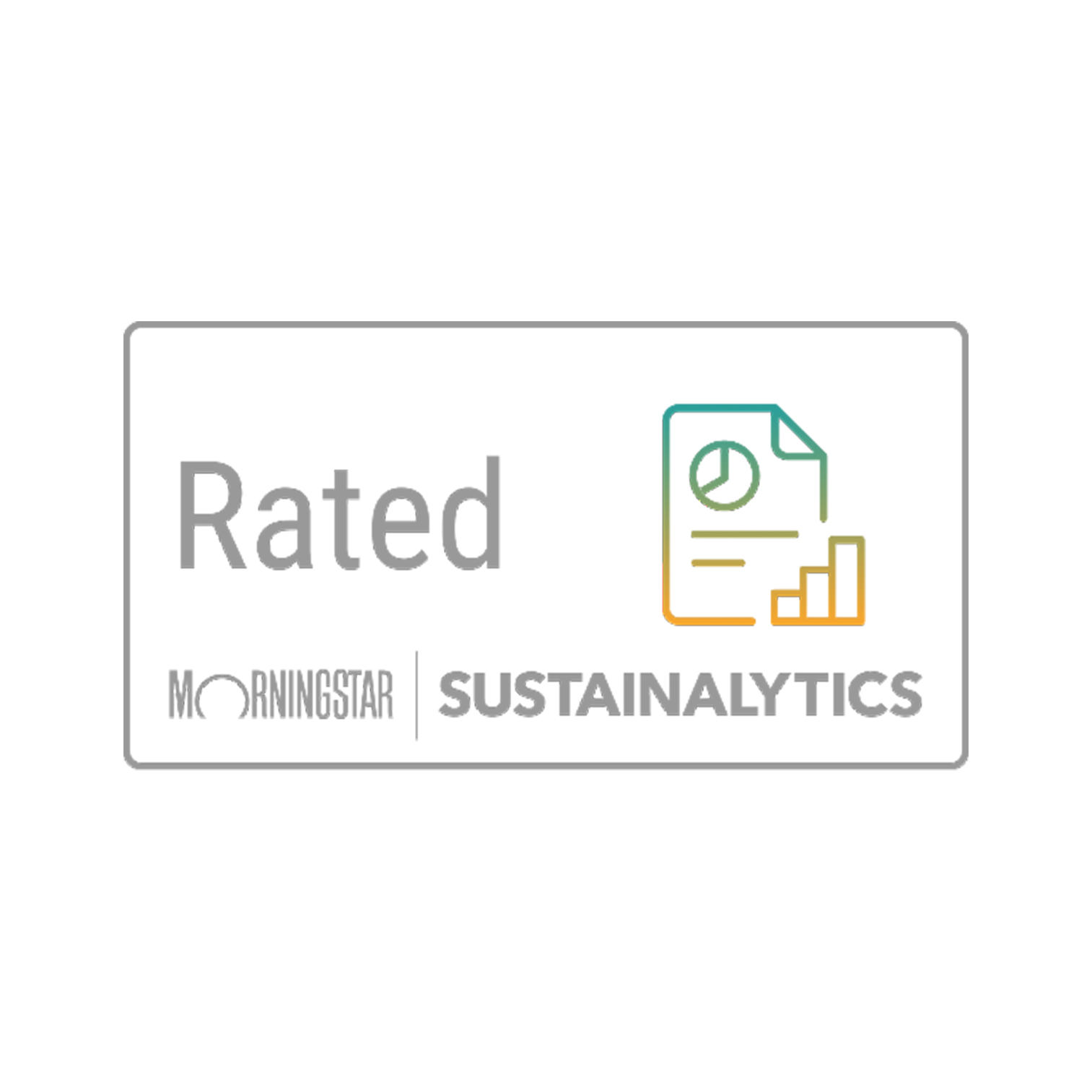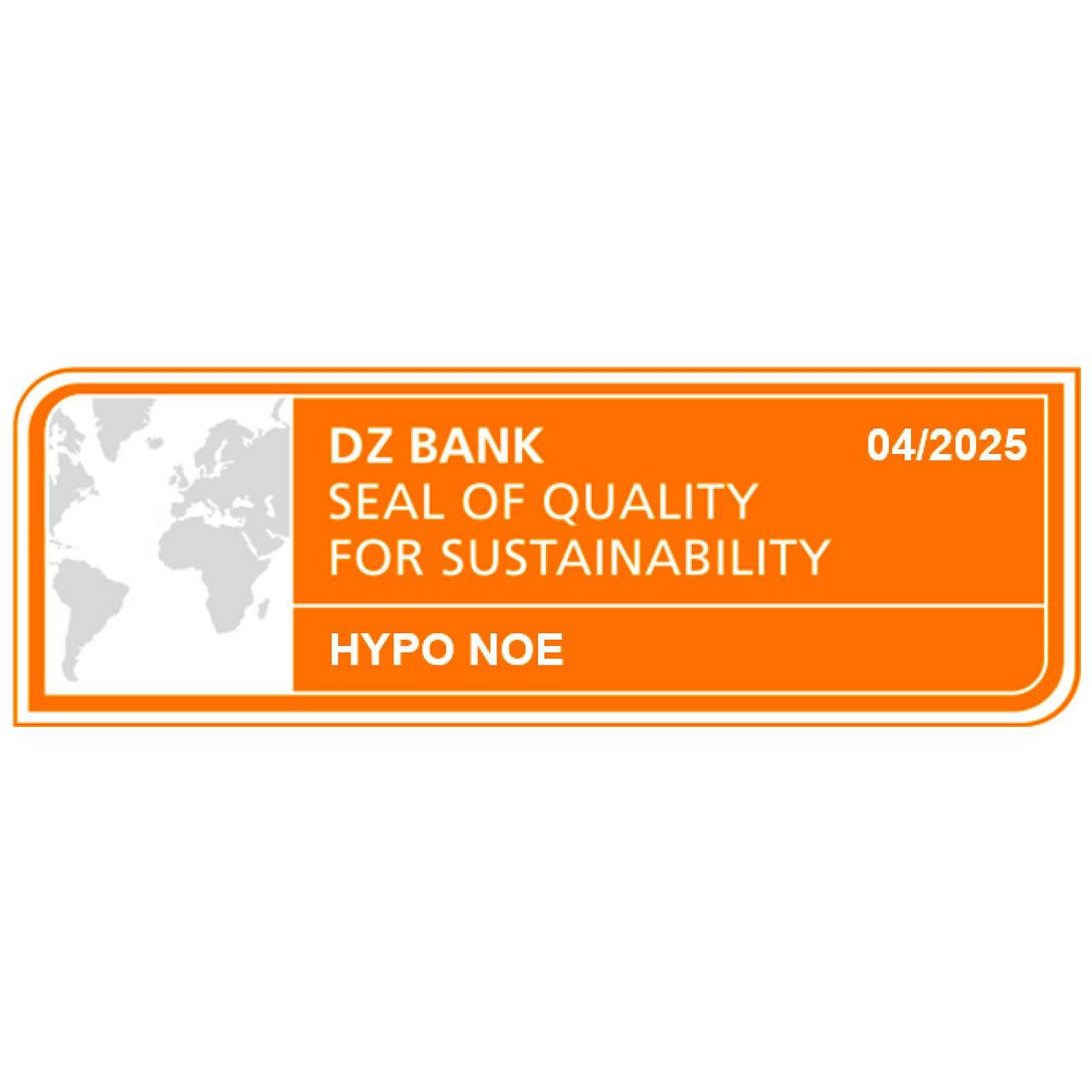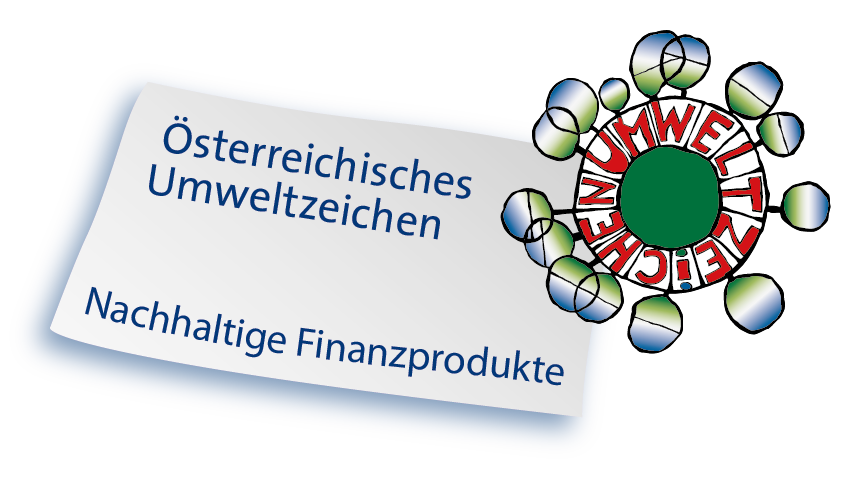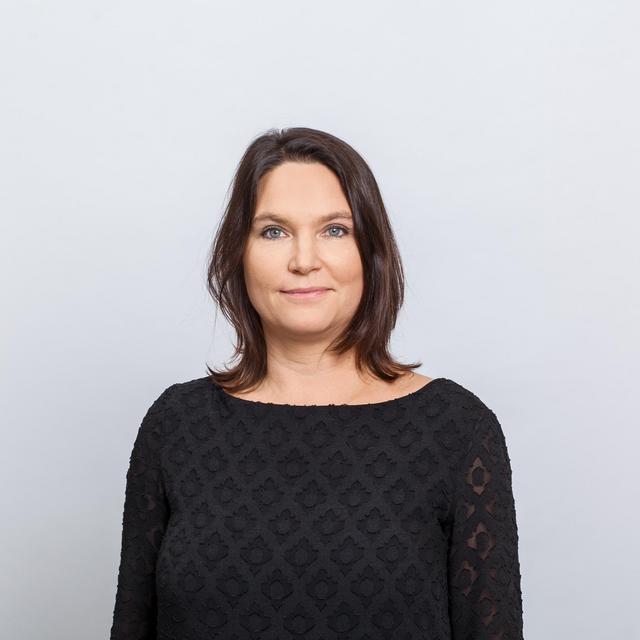Responsibility for the future. Sustainability at HYPO NOE.
As a publicly owned bank, HYPO NOE has always focused on projects with added social value, and thus bears a special responsibility towards its stakeholders, society and future generations. Banks in particular play a central role in an economy and can make a significant contribution to economic and social issues. Based on its more than 130-year history, HYPO NOE thinks of its business model in ecological, social and generational terms.
HYPO NOE has therefore imposed strict ethical guidelines and business principles on its operations. In this way, the bank ensures that it only enters into business relationships that are compatible with its philosophy and sustainability orientation.
Find out here about HYPO NOE's exclusion criteria, sustainability ratings, objectives, achievements and products as part of its sustainability strategy.
Ratings



Our latest ratings can be found here.
Ethical Business Principles
In general, HYPO NOE employees must bear in mind the Group’s ethics guidelines and business principles, as well as reputational risk and any risks associated with specific transactions. Reputational risks can arise in connection with loans to borrowers operating in industries that are not compatible with the image and values of HYPO NOE or its owner, the State of Lower Austria. The ethics guidelines and business principles comprise inclusion and exclusion criteria, which are the basis for initiating new business throughout HYPO NOE.
Positive criteria help the Group to promote activities that it believes generate the greatest possible benefit for society. In contrast, exclusion criteria help to identify sectors where the Bank chooses not to operate, in the interest of fulfilling its social responsibilities.
In addition, the Group has defined certain sectors as environmentally or socially sensitive – financing in these sectors is subject to strict standards of care, and in case of doubt the Group refrains from doing business in the sector concerned.
Positive Criteria
Exclusion Criteria
- Finance for production or trade of banned/controversial weapons
- Finance for nuclear power plants (including suppliers of key components and related infrastructure, as well as uranium mining and processing)
- Finance for transactions that endanger the environment
- Finance for transactions related to pornography and prostitution
- Finance for countries engaged in armed conflicts, as identified in the OeKB country list
- Finance for transactions that constitute a violation of human rights, as defined by the Universal Declaration of Human Rights
- Finance for transactions that violate the core conventions of the ILO Declaration on Fundamental Principles and Rights at Work, e.g. freedom of association and the right to organise, forced labour, child labour and discrimination
- Finance for transactions that contravene the Group’s own business ethics and compliance guidelines, and transactions where there is suspicion of corruption
- Finance for coal-fired power stations and coal mining businesses, and finance for energy suppliers which predominantly use coal to generate electricity
- Finance for transactions that breach the EU’s animal welfare and animal experiment legislation
- Finance for the production of genetically modified organisms that do not comply with the current EU Genetic Engineering Regulation, GMO
- Finance for tobacco farming and processing
- Finance for the construction or expansion of coal mines and particularly destructive mining methods (e.g. mountaintop removal [MTR] mining). Exceptions apply exclusively to technical modernization projects that contribute to the environmental and/or social improvement of existing sites and to the renaturation of disused mines.
- Finance related to controversial hydrocarbon production practices (crude oil and natural gas), such as Arctic drilling, oil/tar sand mining, deep-sea drilling, oil drilling in protected or environmentally sensitive areas, and fracking. Exceptions apply to financing that meets the requirements of EU Regulation 2022/1214 (delegated act to the Taxonomy Regulation) and is therefore demonstrably classified as sustainable within the meaning of the EU taxonomy (“transitional activity”).
- Finance for gambling
Environmentally and socially sensitive sectors
HYPO NOE exercises particular care when providing finance for the environmentally and socially sensitive sectors of energy production, mining, forestry and agriculture. The Group believes that avoiding environmental and social risks in these areas is vital to the responsible and sustainable development of its target markets. This includes preventing large-scale, long-term intervention in social and environmental structures, and promoting water conservation.
Finance for projects that exacerbate the impacts of climate change and CO2 emissions has also been identified as a key issue.
Code of Conduct
This Code of Conduct sets out HYPO NOE's shared values and principles at Group level.
As an institution with the highest standards and requirements for itself, HYPO NOE expects employees at all hierarchical levels, managers or other bodies of all Group companies to read, understand and consistently comply with the current version of the Code.
Our Code of Conduct can be found here.
Diversity
HYPO NOE is a signatory to the Diversity Charter of the Austrian Chamber of Commerce and is thus committed to the diversity of Europe.
The Diversity Charter is a public, voluntary commitment. It is based on the realisation that diversity is an essential characteristic of Europe - its history as well as its society.
HYPO NOE offers all employees equal employment and promotion opportunities. Discrimination on the basis of ethnicity, gender, nationality, marital status, social background, age, physical ability, sexual orientation or religion is never tolerated.
Environmental and climate strategy
HYPO NOE is committed to international and national climate targets and, as part of its environmental and climate strategy, is guided by the current climate and energy strategy of the Republic of Austria.
As the bank of the province of Lower Austria and Lower Austria's leading company, HYPO NOE not only has a responsibility to finance climate and environmental protection, but also to play a pioneering role in its own area. The aim of HYPO NOE's environmental and climate strategy is to keep the bank's ecological footprint as small as possible: i.e. continuous improvements in the fields of action waste, energy, mobility, buildings and the bank's own CO2 footprint:
As part of its environmental and climate strategy, HYO NOE has set itself binding, ambitious targets up to 2025 (base year 2015) to successively reduce its own ecological footprint:
Waste: reduction of paper consumption by 50%.
Energy: reduction of 50% (included in the total reduction of CO2 emissions).
Mobility: Reduction of the vehicle fleet by 50% with a switch to e-mobility (share of 15%).
Buildings: Reduction of space consumption by 30%.
CO2 emissions: Reduction of greenhouse gas emissions by 37.5%.
HYPO NOE has been a klimaaktiv Paktpartner 2030 since 2021, making it one of twelve flagship companies that have qualified for the strict requirements of participation. The pact partners' ambitious goal is to reduce their CO2 emissions by at least 50 percent by 2030 (base 2005).
The klimaaktiv pact pursues a holistic approach in its implementation, with a broad bundle of operational measures. The proposed climate protection concepts of the pact partners include activities in the five areas of energy saving and energy efficiency, construction and renovation, mobility, renewable energy sources, renewable raw materials and resource efficiency, and awareness-raising measures. Inclusion in the klimaaktiv pact involves an annually recurring structured process for optimizing the corporate climate protection concept submitted at the start. The achievement of objectives is reviewed annually in order to create maximum credibility and transparency both internally and externally.
Green Products
Austrian Ecolabel for Sustainable Financial Products
The Austrian Ecolabel for Sustainable Financial Products has been in existence since 2004 and is the oldest such label in Europe. The Austrian Ecolabel for Sustainable Financial Products can be used to certify financial products that are more sustainable than comparable products on the market due to their investment or financing strategies and the underlying management processes. The conformity of the certified products with the requirements of the directive must be confirmed by an expert opinion from a qualified testing centre.
The requirements essentially comprise three components:
1. exclusion criteria and positive criteria
2. quality requirements for the survey and selection process
3. transparency and reporting requirements
The Ecolabel 49 guidelines for sustainable financial products can be found here.
You can download HYPO NOE's mandatory catalogue of questions on institutional credibility (Annex II) here.
All HYPO NOE's green products are certified with the Ecolabel for Sustainable Financial Products.
Green / Social / Sustainable Bond
In order to underline its sustainability strategy, HYPO NOE has been issuing green bonds with a focus on energy-efficient properties since 2020. In 2023, HYPO NOE adapted its framework to the current ICMA Principles and added social categories. The SPO was prepared by ISS ESG and confirms compliance with the ICMA Principles.
For more information click here.

Green Current Accounts and Savings Products
HYPO NOE's business model, with its focus on public sector and real estate finance, makes a significant contribution to the UN Sustainable Development Goals. A particular focus here is on financing public projects with added value in the areas of climate change adaptation, health, education, culture and infrastructure. HYPO NOE's green account deposits are used for projects that contribute to the UN Sustainable Development Goals 7, 9, 11 and 13.
When using deposits from green products, HYPO NOE ensures that no exclusion criteria are breached in accordance with Guideline UZ49 for sustainable financial products.
For further information click here.

Green Home Loan
The Green Home Loan is available to private customers for the purchase or construction of property as well as for renovations, provided that defined energy efficiency values are achieved. Customers benefit from a waived completion fee and a reduction in the account management fee for their sustainable, energy-efficient construction project.
For further information click here.
Green Life Loan
The Green Life Loan can be used to finance investments such as the promotion of thermal renovations, the installation of solar thermal and PV systems or conversions away from fossil fuel heating systems around the property.
For further information click here.
Green Investment Loan
To support the transformation to a climate-neutral economy, HYPO NOE has developed the green investment credit. Investments that meet the requirements of the HYPO NOE Sustainability Bond Framework and/or the technical criteria of the EU Green Taxonomy can be financed with this green investment loan.
For further information click here.
ESG Supplements
The sustainability statement for the 2024 fiscal year is included in the annual report. You can find our annual reports here.

